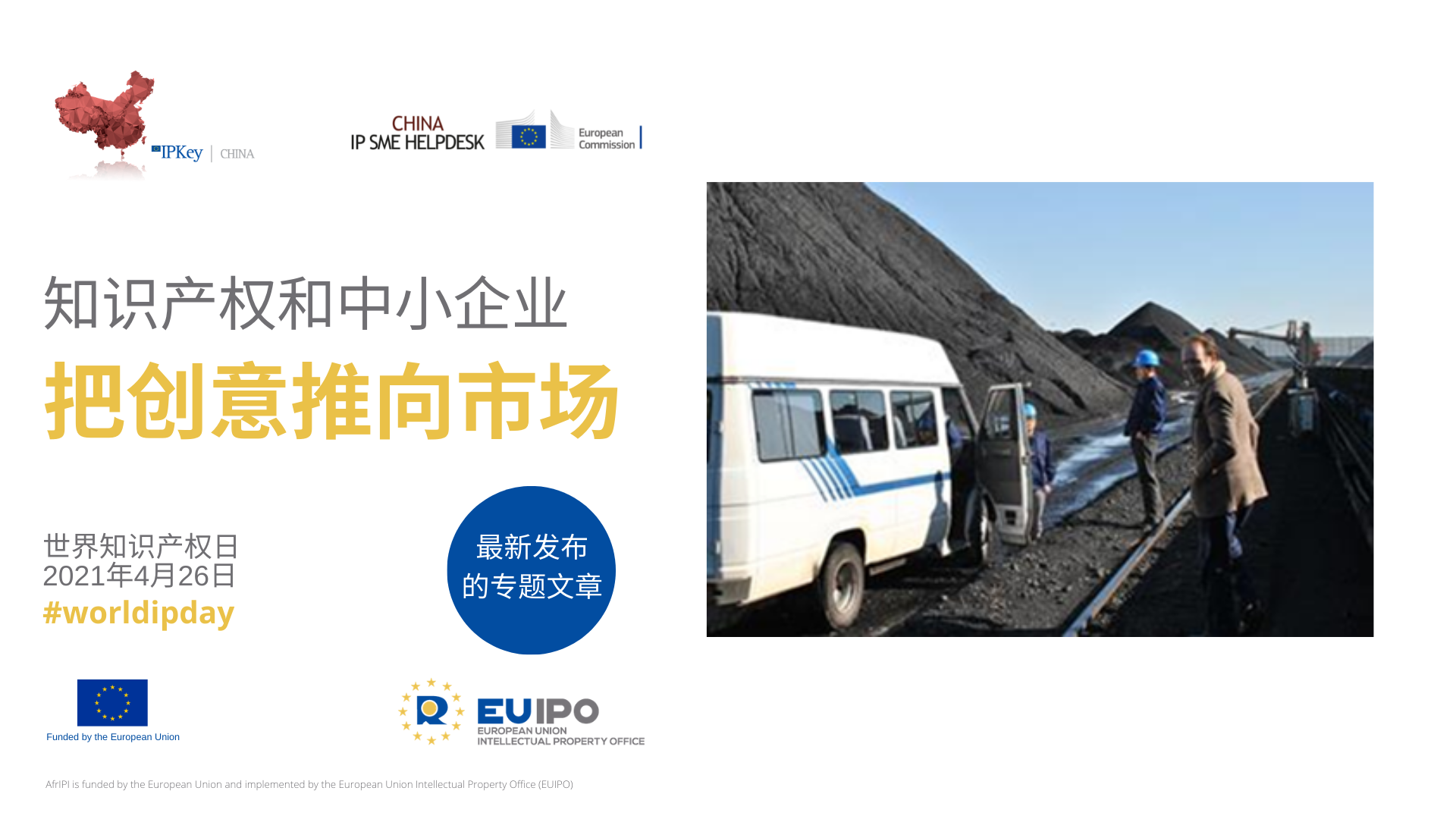Trade secret protection – protecting your ideas at the market
Identifying and registering IP in target markets is the first step in developing a comprehensive IP protection strategy. For SMEs to be successful in their target markets, a structured IP protection approach must take into account the particularities of the legal framework in target markets as well as the nature of SME’s intangible assets and available resources. For example, in case the SME’s product has a long-life cycle and it is not easily reverse-engineered, trade secret protection can be preferable to patent protection.
Protecting unregistered IP such as trade secrets at home and in foreign markets requires a meticulous approach, involving the whole company since once the trade secret is revealed, there is very little the SMEs can do. It is thus advisable to put in place comprehensive trade secret protection measures, such as confidentiality agreements with employees and potential business partners, technical barriers such as passwords and physical barriers such as keeping the production of key components in SMEs’ home country. Legal professionals and SME IP support initiatives such as International IP SME Helpdesks can offer valuable advice to SMEs who are struggling with choosing appropriate IP protection measures. From another side, EU-funded project IP Key China promotes intellectual property rights in China, and engage in cooperation activities with Chinese IP authorities. Through years’ efforts, IP Key China has become a well-known brand for EU-China IP cooperation, which is featured by a wide range of stakeholders, including government, businesses, academia, service providers, industrial associations, research institutes, and by a broad geographical scope, from Changchun in Northern China to Haikou in the South.
The second case study, following the IP protection methods of a Dutch SME Wuvio, demonstrates that SMEs who adopt a comprehensive IP protection strategy in their target markets, taking into account the nature of their IP assets and the resources the company has, have greater potential at succeeding in those markets.
Case study
- SME: Wuvio
- Nationality: Dutch
- Industry: production of chemicals
- Status in China: More than 3 years in the market
The Dutch SME Wuvio is a market leader in producing chemicals to combat dust for construction sites, energy producers, mining and dry bulk companies. Wuvio works with unique solutions, which require a structured approach to intellectual property (IP).
Wuvio had been active in Europe for 11 years when they decided it was time to make the move to China. “Many companies active in the same industry claim to offer what we offer, but are either not as effective, more expensive or not biodegradable. This gives us a strong advantage in China”, Rob te Braake, Wuvio representative in China, states confidently. The company first set up a limited company in Hong Kong in 2011, and then branched out into Mainland China in 2013.
Wuvio carefully developed a Chinese trademark and registered this in China, but according to Rob, the most important part of the company’s IP strategy are their trade secrets: “We have no patents registered in Europe or in China, because we don’t want our chemical solutions to become available to the public in 20 years. We also don’t like to depend on enforceable rights because as an SME we simply don’t have the resources to keep chasing infringements. Prevention is key for us.”
“We are currently importing the products from the Netherlands, but even when we will move production to China, we will always keep the production of the critical components in the Netherlands, because they are key to our products”, Rob continues. “We’ve checked ourselves if the formula of our solutions can easily be retrieved through reverse engineering, but successive attempts have not been successful. I am therefore confident that our solutions are adequately protected this way.”
As a final recommendation, Rob says that it’s important to work with a qualified lawyer that knows the Chinese IP system, and that doing business in China requires a long breath: “Getting familiar with the Chinese business world, cultural differences and the distance between your head office in Europe and the office in China may be difficult at first, but you will get used to it as you go. You just need to be confident and find the right people to work with.”
Lessons learnt
- Assess if your innovations and technology would be better protected as trade secrets or as a registered patent.
- Don’t disclose any valuable information unless absolutely necessary.
- Build a strong network of trusted business partners and employees and have them sign well-drafted contracts, non-disclosure and non-competition agreements.
